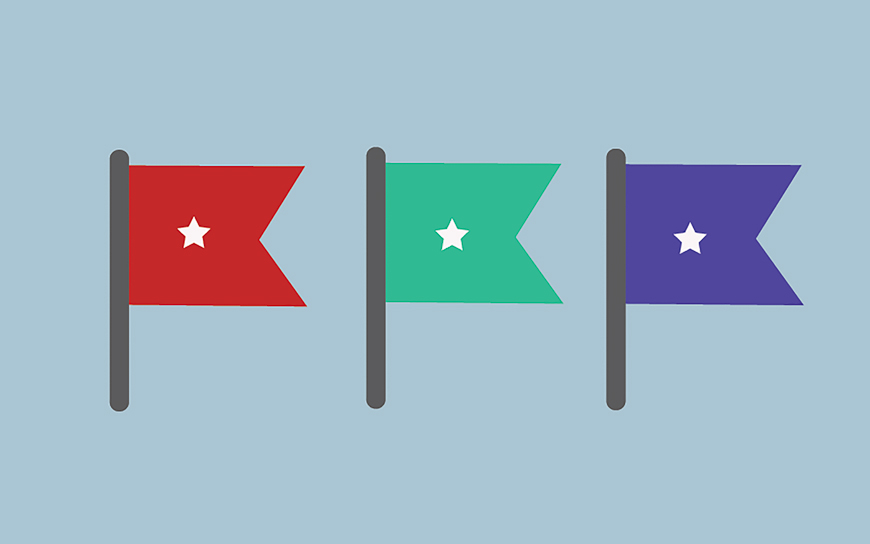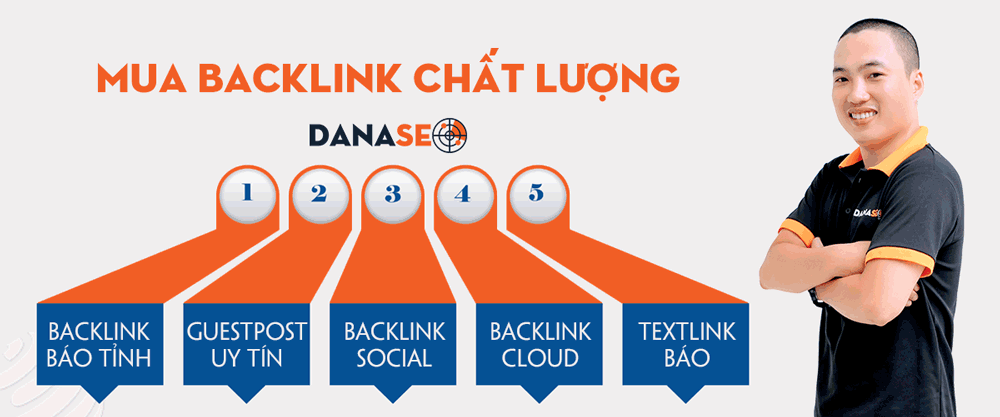Since the start of the novel coronavirus (COVID-19) outbreak, Vietnam has closely monitored the situation and installed a series of proactive, comprehensive measures to combat the spread of the virus within the country and prepare its public health facilities. Past experience with other epidemics places Vietnam in a strong position to protect its population as well as visitors passing through.
Travellers in Vietnam may have questions about the spread of the virus in Vietnam, as well as which policies are in place in Vietnam. Below is a full overview of the COVID-19 situation in Vietnam as it relates to travellers.
 Current snapshot of COVID-19 situation in Vietnam
Current snapshot of COVID-19 situation in Vietnam
Confirmed infections
7236
Recovered cases
2950
Deaths
47
The first confirmed cases of COVID-19 appeared in Vietnam on Jan. 23, 2020. Since March 22, 2020, the country’s borders have been closed to foreign travellers. Only Vietnamese nationals, foreigners on diplomatic or official business, and highly skilled workers allowed to enter Vietnam at this time. From Feb. 1, 2021 until further notice, anyone entering Vietnam will need to undergo medical checks and 21-day quarantine upon arrival.
Read more: New COVID-19 tourism policies in Vietnam
Bạn đang đọc: Info for travellers on Covid-19 in Vietnam
Visa policies for travellers to Vietnam
To staunch the spread of COVID-19, Vietnam is only allowing entry to those foreign experts, and those travelling for official or diplomatic purposes, who must undergo medical checks and 21 – day quarantine at their own cost upon arrival in Vietnam .
Vietnam’s Immigration Department has announced that all foreigners who entered Vietnam after March 1, 2020 on visa exemptions, e-visas or tourism visas will be given automatic stay extensions at no charge until May 30, 2021. Travellers still in the country must declare their temporary residence to local police, through their landlords or hotels, and must complete Vietnam’s trực tuyến health declaration here .
Visitors who entered the country before March 1, 2020 may be considered for the extension, provided they can show an official letter from their embassy or consulate stating they were unable to leave the country due to objective reasons ( letter must be translated to Vietnamese ). Foreigners who have undergone quarantine or treatment for COVID-19 in Vietnam are also eligible for the extension. They must bring their certification documents to show immigration officials when leaving Vietnam .
Read more: Vietnam visa requirements
Flights changes related to COVID-19 in Vietnam
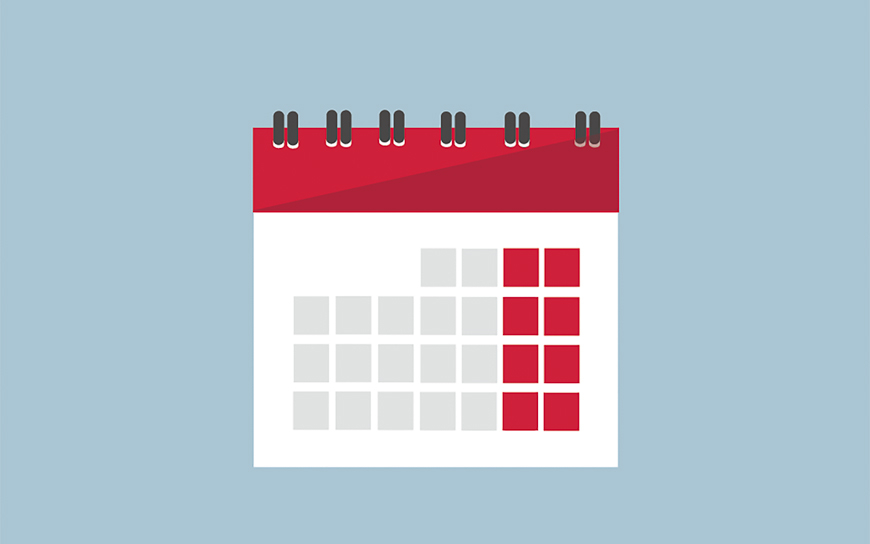
At this time Vietnam is only offering entry to diplomats, experts, investors and their respective family members, and Vietnamese returning home. All visitors must meet specific health regulations and bring the required paperwork in order to be granted entry into Vietnam, and undergo mandatory quarantine on arrival. Since February 1, all flights to and from mainland China on all airlines have been indefinitely suspended by the Civil Aviation Administration of Vietnam.
Read more: A traveller’s guide to Vietnam’s airports
Preventative steps by the Vietnamese government
Vietnam’s Prime Minister officially declared COVID-19 an epidemic in Vietnam on Feb. 1, 2020. Although confirmed cases remain low within the country, authorities are taking swift and strict preventative measures to contain the virus. The government has formed a National Steering Committee for COVID-19 Prevention and Control to direct efforts and communicate to the public .
Below are the key actions taken by Vietnam to prevent the spread of COVID-19:
 In addition to these, many private Vietnamese businesses, residential complexes and tourist accommodations have installed their own preventative measures to keep customers safe .
In addition to these, many private Vietnamese businesses, residential complexes and tourist accommodations have installed their own preventative measures to keep customers safe .
Health and safety precautions for travellers
Visitors in Vietnam are encouraged to take sensible precautions against COVID-19 during their trips .
The World Health Organization outlines these basic practices to keep yourself and your loved ones safe:
Avoid travelling if you have a fever and cough. If you have fever, cough, and difficulty breathing, alert health care services and share with them your recent travel history.
Maintain social distancing. Stay a metre or more away from others, especially those who are sneezing or coughing, or have fever.
Wash your hands regularly with soap and running water. You can also use an alcohol-based hand-sanitizer to spray your hands as often as you like.
Cover your mouth and nose with tissue when you cough or sneeze. Dispose of dirty tissues immediately and wash your hands after coughing or sneezing.
Avoid contact with live animals. Wash your hands with soap and water if you touch live animals or animal products in markets.
Eat only well-cooked food. Make sure your meals especially animal proteins and dairy products are thoroughly cooked and prepared in a sanitary environment.
Discard single-use masks. If you choose to wear a single-use mask, ensure it covers your nose and mouth, avoid touching the mask, and wash your hands after removing it.
Any travellers experiencing symptoms of the virus — fever, cough and difficulty breathing — should immediately call Vietnam’s health hotline : 19003228 .
Read more: Health and safety in Vietnam
Online trackers and official government sites
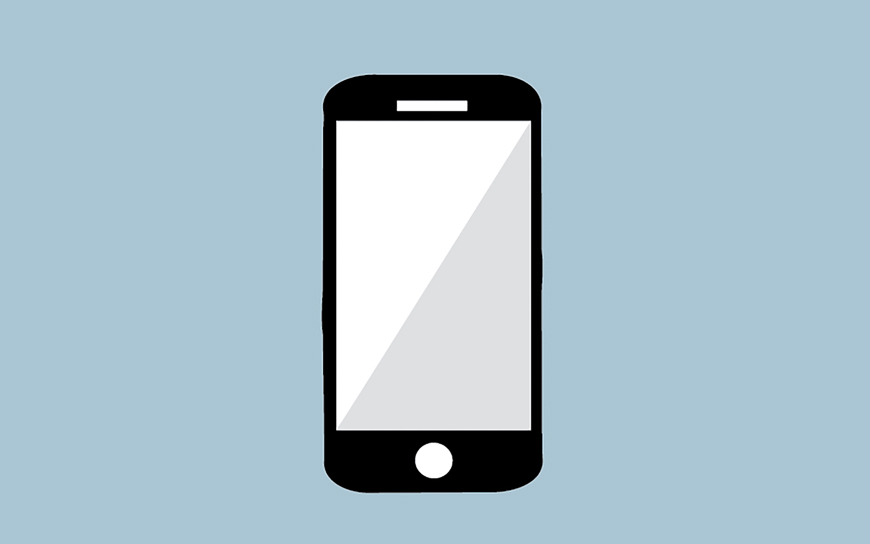
Travellers looking for updated statistics on COVID-19 can use the Coronavirus app .
Updates from the Vietnamese government : https://ncov.moh.gov.vn
News updates from Vietnam Tourism : https://thucanh.vn/media-industry
The information above is compiled by the Vietnam Tourism Advisory Board as a public service for travellers. This article will be updated weekly with new information from Vietnam’s health, tourism and aviation authorities.
Source: thucanh.vn
Category: Mèo Cảnh

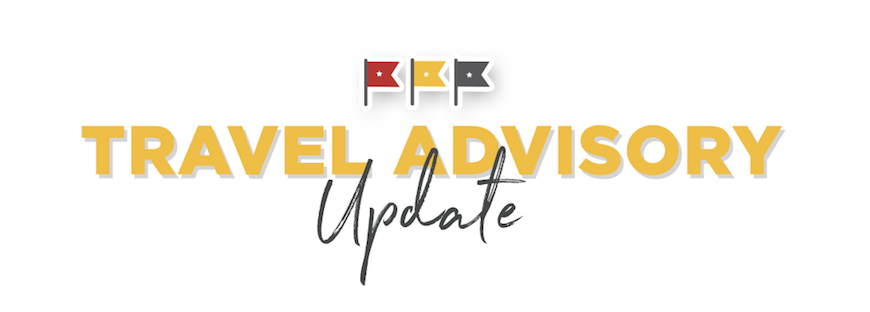 Current snapshot of COVID-19 situation in Vietnam
Current snapshot of COVID-19 situation in Vietnam